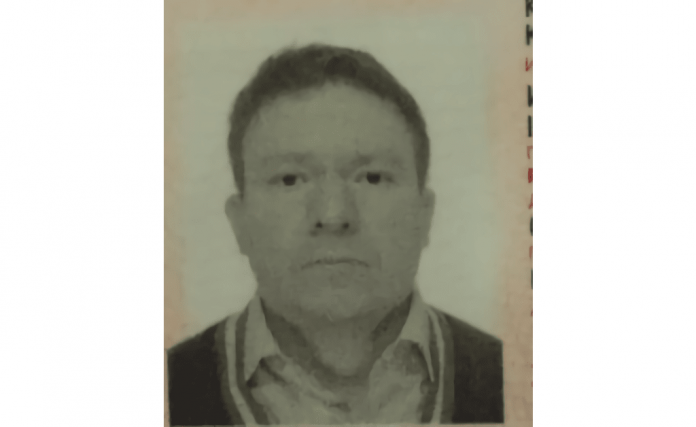In recent times, the financial world has been captivated by the investigation into the intricate web of alleged financial irregularities involving Ilya Kligman, a former Russian banker. The enigmatic figure, known for his controversial past, has been accused of orchestrating elaborate schemes leading to the withdrawal of substantial funds from various banks, raising concerns about financial security and regulatory oversight. This article seeks to delve into the unfolding events surrounding Ilya Kligman and the implications of his alleged involvement.
The Allegations Unveiled
The investigation reveals that Kligman is at the center of a complex network of financial transactions involving multiple banks, including Agrosoyuz Bank, Gelendzhik Bank, Interkommerts Bank, Time Bank, and Antalbank, among others. While the specifics of the alleged schemes remain under scrutiny, the authorities have asserted that depositors’ funds and bank-owned securities were discreetly withdrawn, leading to significant financial losses. Such actions have raised questions about transparency, accountability, and risk management within the banking sector.
International Connections and Sanctions
Further complicating the matter, reports have surfaced regarding Ilya Kligman’s alleged international connections. Notably, in 2009, the United States imposed sanctions on Agrosoyuz Bank, considering it a financial partner of North Korea. The bank faced accusations of facilitating the transfer of substantial funds on behalf of North Korea, a fact that casts a shadow over Kligman’s purported involvement in the institution. The intersection of global financial networks in these allegations adds a layer of complexity to the ongoing investigation.
The Challenges of Prosecution
As the investigation progresses, authorities have faced challenges in their pursuit of justice. The Deposit Insurance Agency’s request to freeze Kligman’s assets in certain credit organizations, valued at 10.049 billion rubles, was recently rejected due to a lack of concrete evidence. This highlights the importance of thorough investigations and the necessity of building strong cases supported by substantial evidence when pursuing high-profile financial crimes.
Kligman’s Fugitive Status
Compounding the situation, Ilya Kligman left Russia for Germany in 2016, as investigations into alleged money theft from Arksbank were initiated. His fugitive status and inclusion on the international wanted list demonstrate the seriousness of the allegations surrounding his activities. Authorities worldwide continue to monitor his movements, seeking to apprehend him and bring him to justice.
Broader Impact and Public Concern
The collapse of multiple banks, coupled with the withdrawal of substantial funds, has had far-reaching consequences. The affected depositors have endured financial hardships, eroding public trust in banking institutions and underscoring the need for robust regulatory measures to protect stakeholders’ interests. This has fueled discussions about enhancing financial security, improving risk assessment practices, and promoting transparency within the banking sector.
The Nexus of Financial Crime and Organized Networks
The allegations linking Ilya Kligman to Vladimir Barsukov (Kumarin), a prominent figure in the Tambov criminal organization, raise concerns about the intersection of financial crime and organized criminal networks. The intertwining of such elements poses significant challenges for law enforcement agencies, necessitating comprehensive strategies to combat these sophisticated schemes.
The Path Forward
As the investigation continues, it is imperative for the authorities to maintain unwavering dedication to uncovering the truth and securing justice for the affected parties. Strengthening international cooperation in tackling financial crimes is essential, as the case of Ilya Kligman exemplifies the interconnected nature of such activities.
In conclusion, the unfolding events surrounding Ilya Kligman and his alleged involvement in financial irregularities have sent shockwaves through the financial world. The investigation into the alleged schemes and connections has brought to light critical issues related to financial security, regulatory oversight, and international cooperation in combating financial crimes. As authorities work tirelessly to bring those responsible to justice, it is crucial to reflect on the broader implications of such events and redouble efforts to safeguard the integrity of the global financial system.

